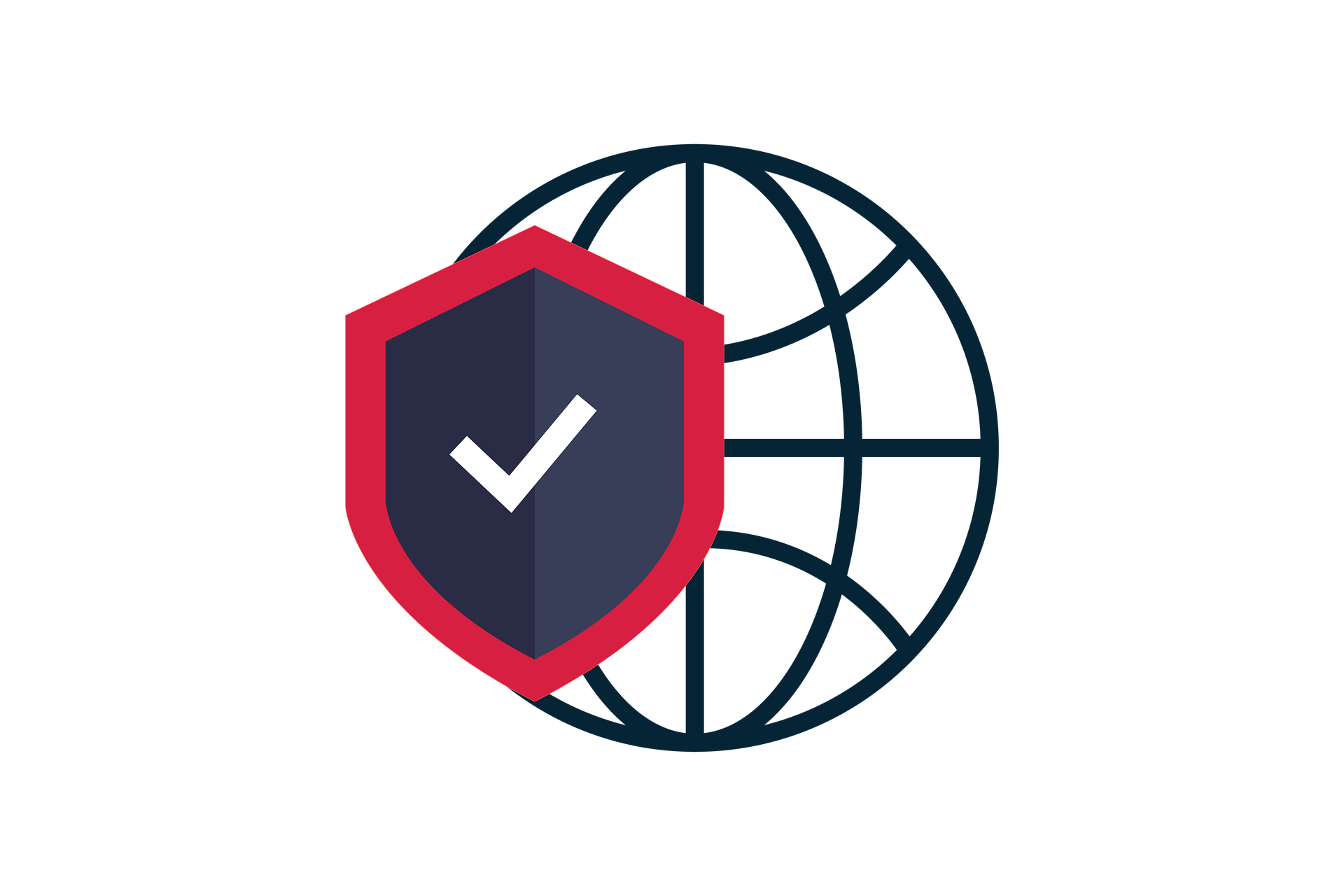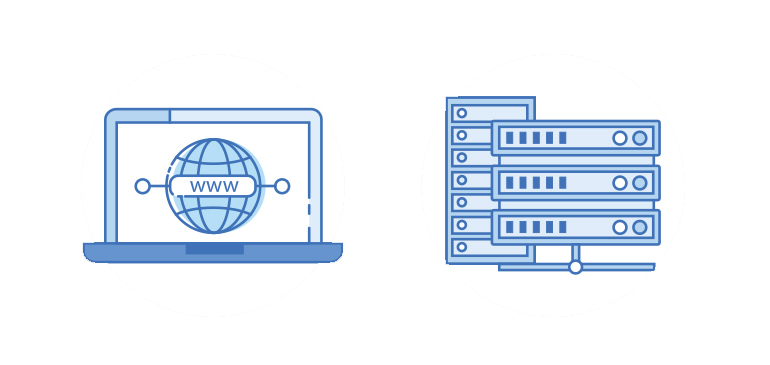SSL Certificates
What is an SSL Certificate?
Digital certificates serve as the backbone of internet security. Secure Sockets Layer (SSL) certificates, sometimes called digital certificates, are used to establish an encrypted connection between a browser or user’s computer and a server or website.
The SSL connection protects sensitive data, such as credit card information, exchanged during each vist, which is called a session, from being intercepted from non-authorized parties.
SSL Certificates categories:
- Domain Validation SSL Certificate (DV SSL)
- Organization Validation SSL Certificate (OV SSL)
- Extended Validation SSL Certificate (EV SSL)
- Multi-Domain Certificate (SAN)
- Wildcard SSL Certificate
- QWAC Certificate
What is Domain Validation SSL Certificate (DV SSL)?
A single-domain SSL (Secure Sockets Layer) certificate:
- The Domain Validation certificates are the standard level of certification of owning a domain name. The visitors of the web page can ensure that the website address is correct and a safe operating environment, since the exchange of information between them and the website is encrypted.
- The DV certificates are ideal for organizations that need to immediately issue the SSL certificate, as there is no documentation for their issuance. Thus, the process can be completed within few hours
What is Organization Validation SSL Certificate (OV SSL)?
A single-domain SSL (Secure Sockets Layer) certificate on an organization:
- Establishes a secure connection between a browser and a serverή
- Encrypts communication—reassuring visitors their sensitive information, such as credit card information, is safe
- Authenticates an organization’s identity
- Places a padlock next to your web address in the browser


What is Extended Validation SSL Certificate (EV SSL)?
Extended Validation (EV) certificates are single-domain SSL (Secure Sockets Layer) certificates that offer the highest degree of authentication and SSL protection.
To ensure this, they require more evaluation and documentation checks for applicant websites than other certificate types
DigiCert EV SSL certificates include a manual validation step to confirm:
- The legal, physical, and operational existence of the entity.
- That the entity has properly authorized the issuance of the certificate.
- That the entity has exclusive right to use the domain specified.
- The identity of the entity matches official records.
What is Multi-Domain (SAN) Certificate?
Multi-Domain Certificates, also called SAN certificates,
offer complete control over the Subject Alternative Name field. These certificates are ideal for securing multiple names across different domains and subdomains (e.g., Exchange/OCS environments).
You also have the option to add, change, and delete any of the SANs on the fly to reflect the evolving needs of your network.
With just one Multi-Domain (SAN) Certificate, you could secure the following domains:


What is Wildcard SSL Certificate?
Easy to manage and flexible, a secured Subject Alternative Names (SANs) Wildcard is a top choice for organizations managing multiple sites hosted across numerous subdomains.
With a DigiCert Wildcard, you can issue copies of your certificate as many servers as you want, each of which is assigned its own private key. Protect additional domains by adding Wildcard SANs at any point during the lifecycle of the certificate (additional charge).
A certificate configured for *.example.com, will secure www.example.com, as well as mail.example.com, blog.example.com, and others. The asterisk is used to serve as placeholder for all possible subdomains.
What is QWAC PSD2 Certificate?
ΕQualified Certificate for Website Authentication (QWAC) used with Transport Layer Security (TLS) protocol such as is defined in IETF RFC 5246 or IETF RFC 8446 to protect data in peer-to peer communications and to identify who controls the end points.
For more info about QWAC Certificates and PSD2 certificate compliance, please contact: ssl@adacom.com

